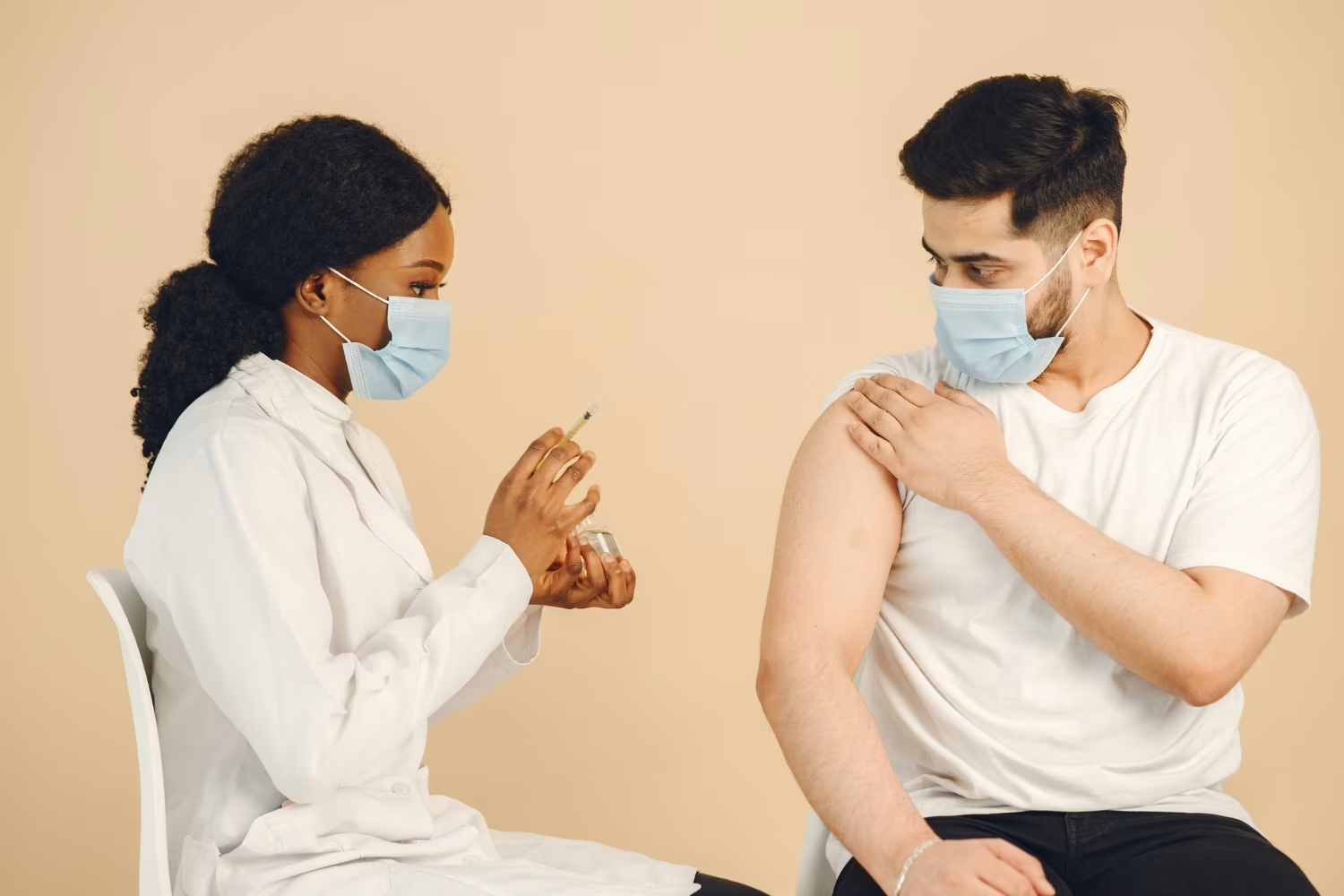
Group B Streptococcus (GBS) is a type of bacteria commonly found in the intestines, rectum, and genitals of healthy adults. While it is generally harmless in adults, it can cause serious infections in newborns, pregnant women, and individuals with certain chronic medical conditions.
Group B Streptococcus (GBS) is typically spread through direct contact with body fluids that contain the bacteria. This can happen during childbirth if the mother carries GBS in her vaginal or rectal area, potentially passing the bacteria to the newborn. GBS can also spread through skin contact or, less commonly, through contaminated surfaces.
If you test positive for GBS during pregnancy, your healthcare provider will usually recommend intravenous antibiotics during labour to prevent the bacteria from being passed to the baby. This approach significantly reduces the risk of newborn GBS infection. In other cases, the treatment depends on the specific infection site and patient health, often involving a course of antibiotics.
For most adults, GBS is not harmful and often does not cause symptoms. However, in certain populations, GBS can lead to severe health issues. In newborns, it can cause life-threatening infections such as sepsis, pneumonia, and meningitis. Pregnant women may experience urinary tract infections, uterine infections, or stillbirth. In adults with underlying health conditions, GBS can lead to bloodstream infections, skin infections, and pneumonia.
July is Group B Strep Awareness Month, a time to educate and inform about the risks, prevention, and treatment of GBS. By understanding and sharing information about GBS, we can help protect vulnerable populations and ensure timely treatment and prevention strategies.
Let’s use this month to spread awareness and protect those at risk. Together, we can make a difference in preventing GBS-related complications. Stay informed and proactive about health!
Click here to book an appointment with one of our doctors.

.jpg)
.jpg)
.jpg)

